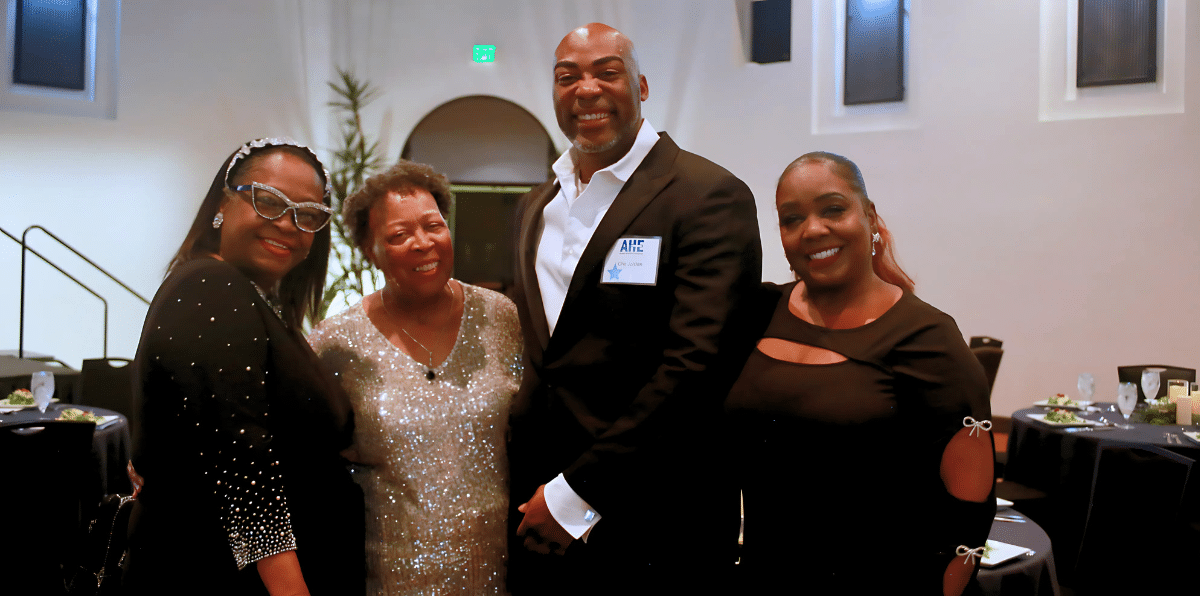Optimism is more than just a positive attitude; for mature athletes, it becomes an essential tool for resilience and longevity in the face of inevitable challenges. In Echoes, readers are reminded that no one achieves their potential without facing obstacles, setbacks, and challenges along the way. For mature runners and athletes, maintaining a high level of fitness, especially as the body ages, is crucial. This pursuit of health and vitality requires three critical traits: Optimism, Persistence, and Patience (OPPs).
These traits, or OPPs, form the psychological framework that empowers mature athletes to continue pursuing their athletic goals even when physical performance may start to decline. These “intangibles” can be more valuable than any training plan, race time, or physical ability, for they represent the spirit and heart of lifelong athleticism.
The Role of Optimism: Seeing Opportunities Beyond Setbacks
Optimism is the linchpin of the OPPs. The natural challenges of aging means that some physical capabilities will shift, leaving many athletes frustrated. However, optimism allows individuals to focus on what they can still achieve, rather than what they may no longer be able to do. Positive thinking makes good things happen. The message is clear: a positive mindset is essential for a fulfilling athletic life, regardless of age.
In this context, optimism involves reshaping one’s mindset to view setbacks as temporary and surmountable rather than giving up. Mature athletes who maintain optimism are more likely to adapt their goals and training routines, seeing the changes not as limitations but as opportunities to try new approaches or refine old ones. This resilience allows for longevity in sports, helping ensure that each setback becomes a stepping stone, not a barrier.
Optimism fuels an athlete’s belief in possibilities, making every training session an opportunity to grow. By visualizing positive outcomes, athletes can better manage their energy and maintain motivation rather than allowing discouragement to erode their commitment.
Persistence: Staying the Course When Motivation Wavers
Persistence is the backbone of any long-term athletic pursuit. Persistence takes the champions ninety percent of the way. For the mature athlete, persistence means maintaining physical activity even when age-related challenges or periods of stagnation appear. The temptation to abandon running or cut down on training often surfaces as the stopwatch reflects slower times, but persistence keeps athletes focused on the value of consistency.
Persisting in training, even when progress seems slow, builds resilience and deepens commitment. For instance, seasoned runners often return to the same training plans and familiar routes, finding comfort in routine. The physical benefits of such consistency compound over time, particularly as muscles, endurance, and cardiovascular health adapt to regular demands. Yet persistence is not solely physical; it’s about psychological endurance as well. When progress stalls or results are less than expected, persistence helps athletes trust that each effort brings them closer to a new personal best.
With persistence, mature athletes recognize that each run, workout, or exercise serves a purpose beyond mere numbers on a stopwatch. It’s a path to well-being, a measure of determination, and a reaffirmation of the drive to stay healthy. Echoes underlying ethos is one of persistence, resisting the urge to abandon dreams in the face of adversity.
Patience: Trusting the Process and Timing
Patience is especially important for mature athletes who find that age may alter how and when progress manifests. With patience, mature athletes learn to respect their body’s capabilities, understanding that overdoing it or pushing too quickly can lead to injury or burnout.
Patience tempers the expectations that many athletes have regarding performance and pace, emphasizing the need for gradual improvement. Many mature athletes find that it’s not about trying to exceed previous times but about refining their movements, working on technique, and focusing on quality over quantity. Training for durability and long-term fitness requires an appreciation of the subtleties of balance and recovery, allowing athletes to enjoy their journey without the constant pressure of comparison to younger counterparts.
In practice, patience involves pacing oneself during training, taking time for recovery, and accepting that improvement is gradual. It’s knowing that endurance and progress accumulate over time and respecting that progress may come in forms other than record times or wins.
Embracing the OPPs for Lifelong Success
The synergy between Optimism, Persistence, and Patience creates a mindset that enhances both physical and psychological well-being. These intangibles are often referred to as resilience, but they go beyond merely “getting by” or enduring difficulty; they are active practices that fortify an athlete’s journey. Those with little or no commitment see setbacks as justification to abandon their dreams. However, it is the combination of OPPs that enables mature athletes to see each day as an opportunity to further their journey, not as a countdown to the end.
The stopwatch, while an excellent training tool, can often rob athletes of motivation when they see their pace slow with age. But the commitment to OPPs redefines what success looks like—it’s not only about numbers but about the quality of life and the joy that running and physical activity bring. The aim is to retain physical and mental vitality, as well as the fulfillment that comes from regular exercise.
With OPPs as guiding lights, mature athletes learn to manage the impact of time, using each step forward as an investment in their health and happiness. Optimism, Persistence, and Patience help them confront and adapt to the realities of aging, helping ensure that setbacks become manageable and that every achievement, no matter how small, is appreciated. In doing so, they protect their passion and enthusiasm for running, allowing them to remain active and engaged for years to come.
Why OPPs are the Bedrock of the Mature Athlete
Maintaining Optimism, Persistence, and Patience is essential for longevity in physical pursuits, particularly as age presents new challenges. Together, these qualities form a bedrock that supports determination and commitment, providing a foundation upon which mature athletes can build. They are the glue that holds together a lifetime of dedication to sport, helping athletes transition gracefully through the various phases of their journey.
In the end, Echoes reminds us that through traits such as Optimism, Persistence and Patience, athletes find a pathway to consistent growth, contentment, and a sense of fulfillment. They remind us that athletics is about more than records; it’s a testament to our willingness to persevere and to find joy in each step, stride, and finish line.
Digging Deeper: Understanding the OPPs
Optimism: Embracing a Positive Mindset Amid Challenges
Optimism is more than just looking on the bright side. For mature athletes, it means finding purpose and joy in each challenge and using setbacks as stepping stones rather than roadblocks. This trait encourages a perspective where each run, workout, or practice session brings meaning and growth, regardless of physical progress. In Echoes there is a message that positive thinking can make good things happen. This sense of optimism shapes an athlete’s journey by helping them view each experience as part of a larger story, even when it doesn’t go as planned.
Optimism also reshapes one’s relationship with time. The inevitabilities of aging may impact speed or endurance, but optimism redirects focus toward what can still be achieved. For mature athletes, this often means recognizing that while race times may shift, the psychological and physical gains from training are enduring. Instead of dwelling on limitations, optimism allows us to embrace new goals and adjust our methods, keeping the experience fresh and fulfilling.
Published by: Khy Talara














